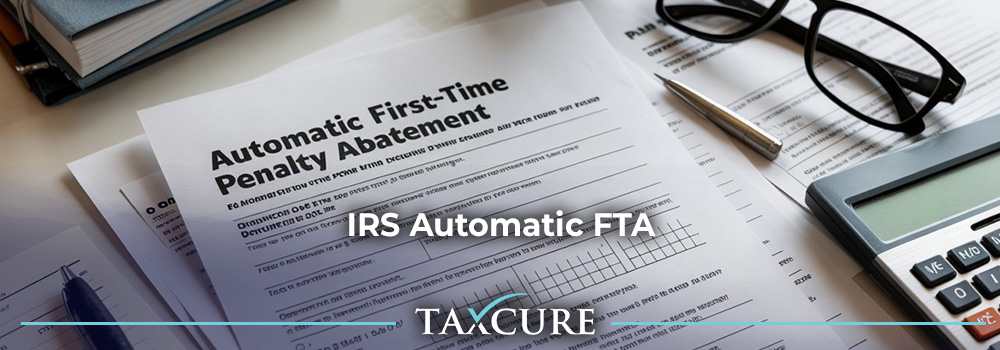
IRS and state tax liens do not appear on credit reports – that means they don't affect your credit score, but they're public records, so they do affect your ability to borrow money.

IRS and state tax liens do not appear on credit reports – that means they don't affect your credit score, but they're public records, so they do affect your ability to borrow money.

In California, the FTB may suspend your business if you don't pay or file your taxes. If suspended, your business cannot operate, but it also can't take any other actions, including selling assets, dissolving the company, entering into contracts, or defending itself in court (or bringing lawsuits against other parties). Suspension puts you into a state of limbo where you cannot operate, but you also can't really liquidate your assets and shut down either.

Failure to collect sales tax as required can lead to penalties, personal liability for the unpaid tax, and even criminal exposure or loss of your business license. However, there is always a solution, and the sooner you reach out for help, the better. This article outlines the consequences of not collecting sales tax and how to get into compliance, so you know what to expect.

The IRS plans to automatically apply first-time penalty abatement for qualifying taxpayers, starting in the 2026 filing season. The automatic abatement applies to tax returns from tax year 2025 on failure-to-file, failure-to-pay, and failure-to-deposit penalties.

An offer in compromise lets you settle tax debt for less than owed – but this program has extremely high rejection rates. That's because it's complicated, and typically, the best course of action is to work with a tax professional.